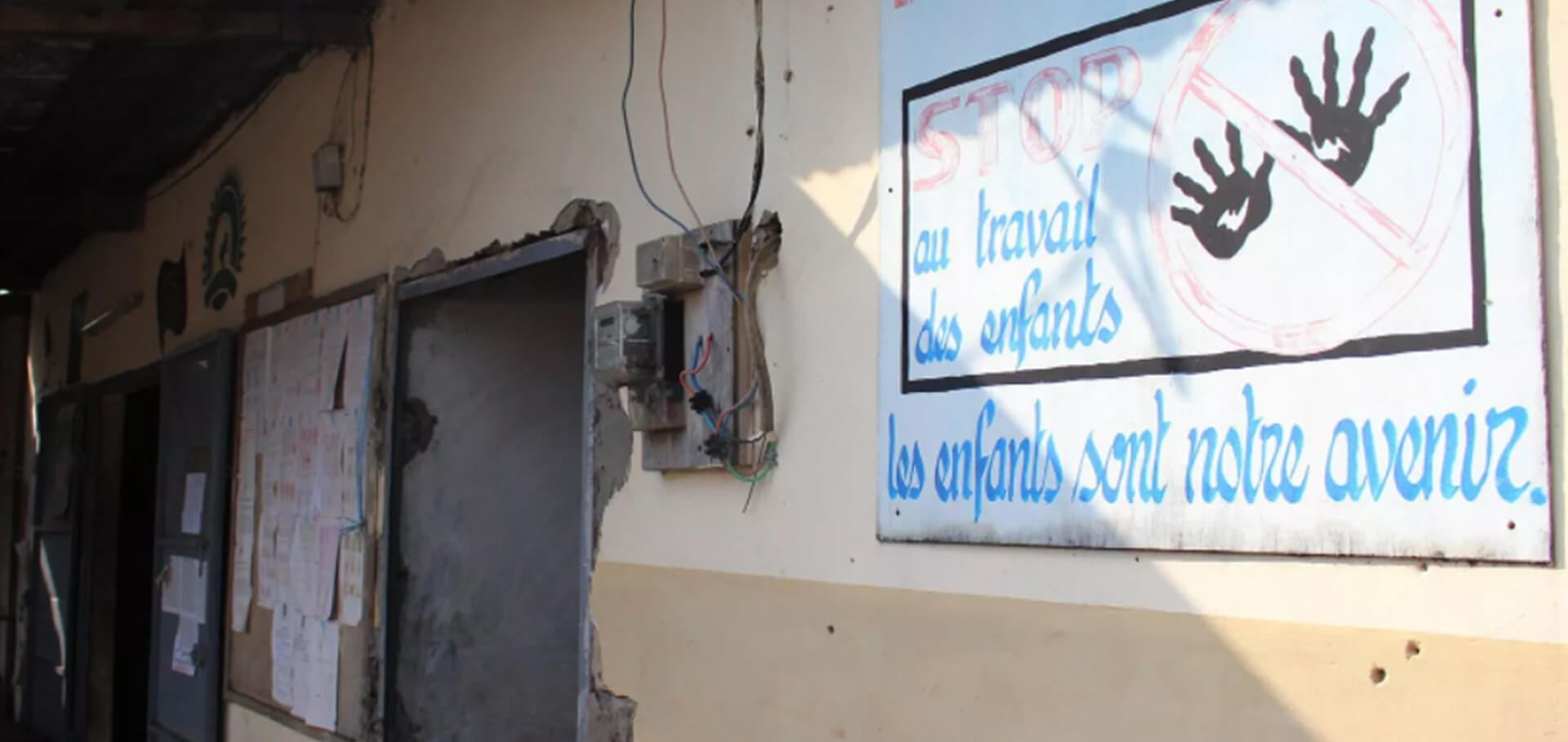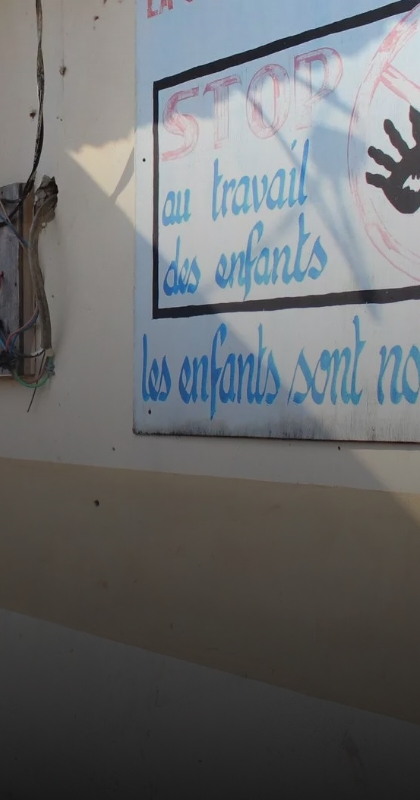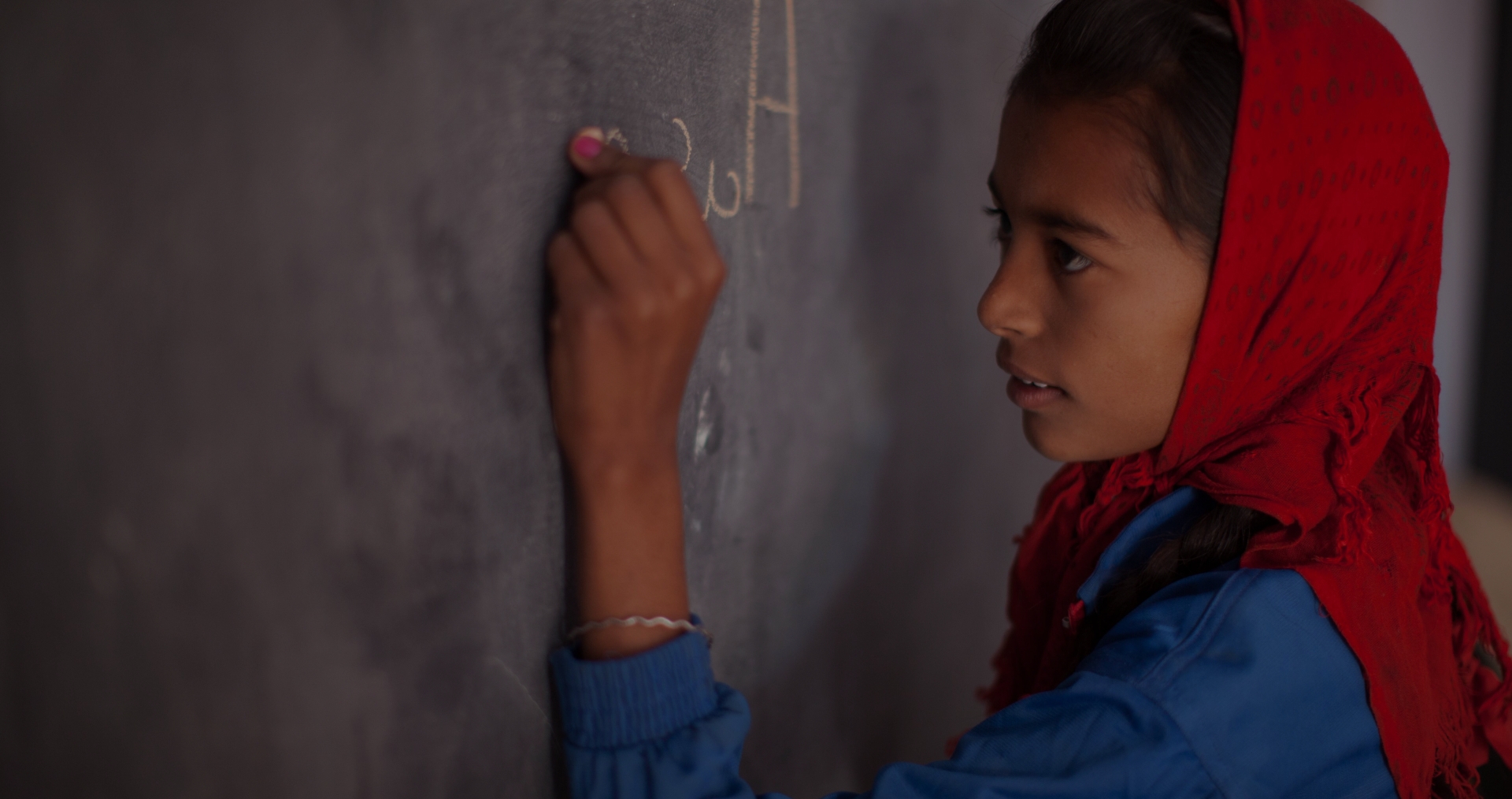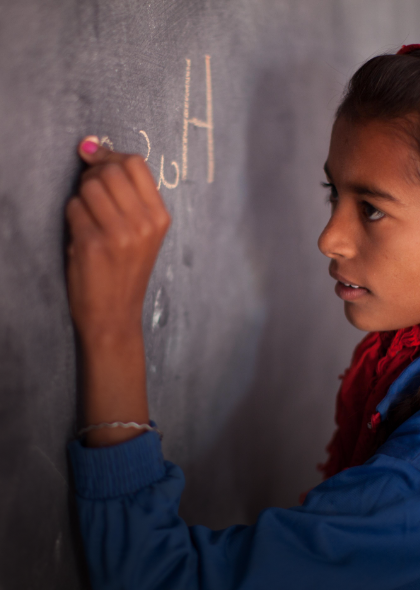While there are many unemployed adults in the world, the only reason child labour exists is because of the lack of transparency in supply chains. Collective action and systematic change can address and fight child labour.
The social cost of
cheap products
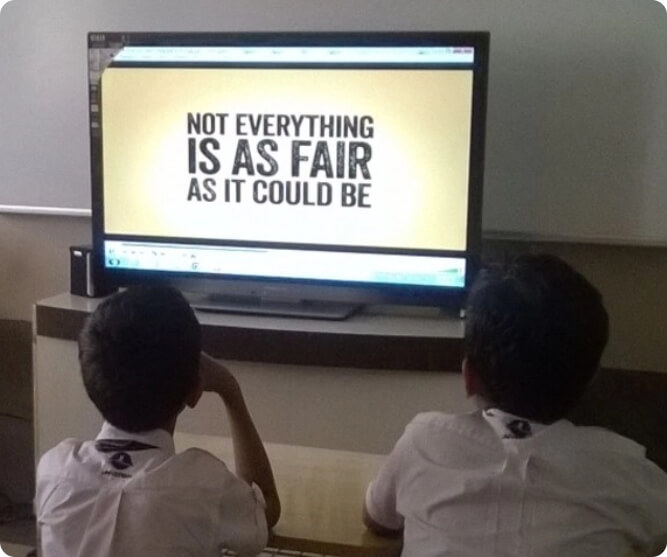
Child labour refers to work that is harmful to a child’s health and wellbeing, and/or interferes with their education, leisure and development. It is a complex issue, affecting boys and girls in most countries of the world.
Child labour stops young people from being able to go to school, play with their friends and get the nutrition and care they need. The grim reality is that many of these children spend their childhood in dangerous or harmful conditions like hazardous environments, slavery and trafficking, or forced labour. The rates are alarming, but because this is so difficult to track, we believe they could be much higher.
Fairtrade bringing
back childhood
Fairtrade is committed to fighting the root causes of child labour and preventing abuse and exploitation of children. We specifically choose to work in regions) with a known risk of child labour because this is simply where the most work is needed.
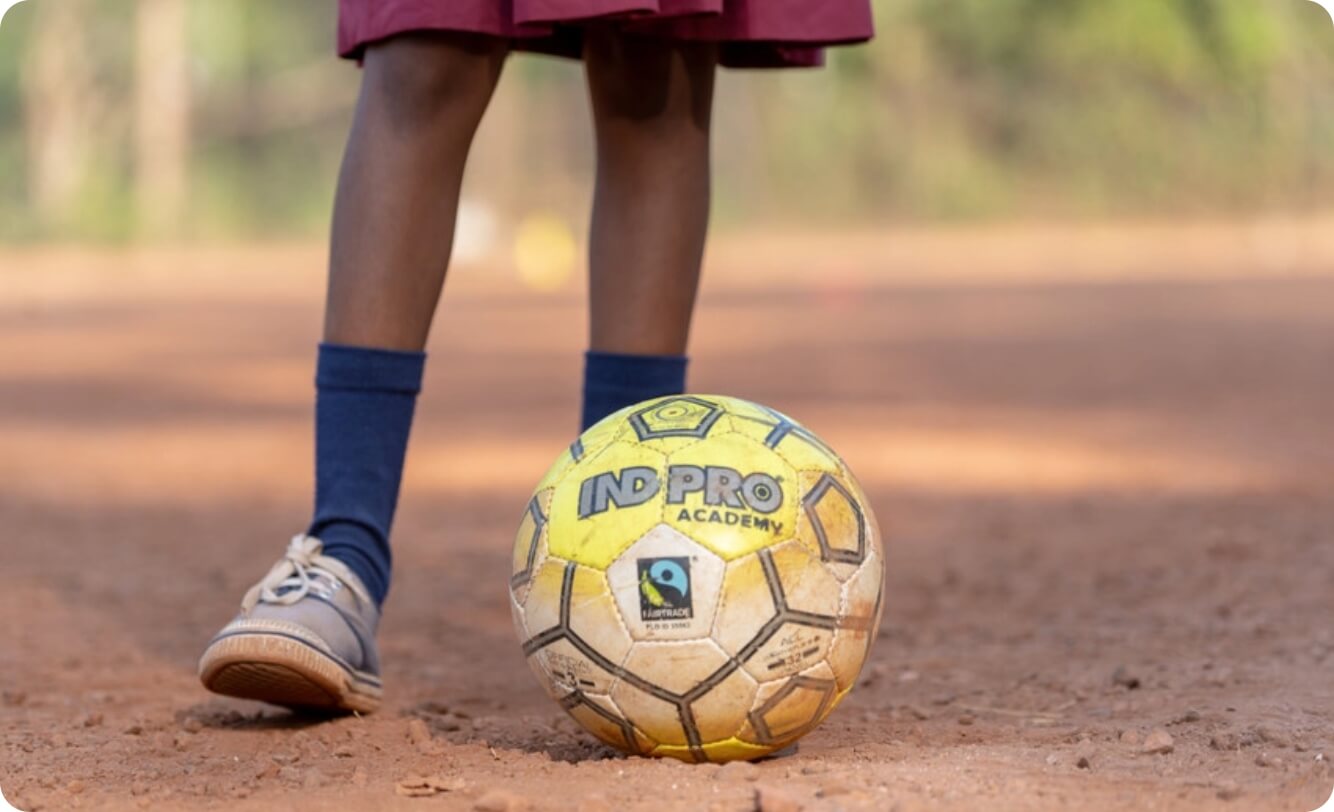
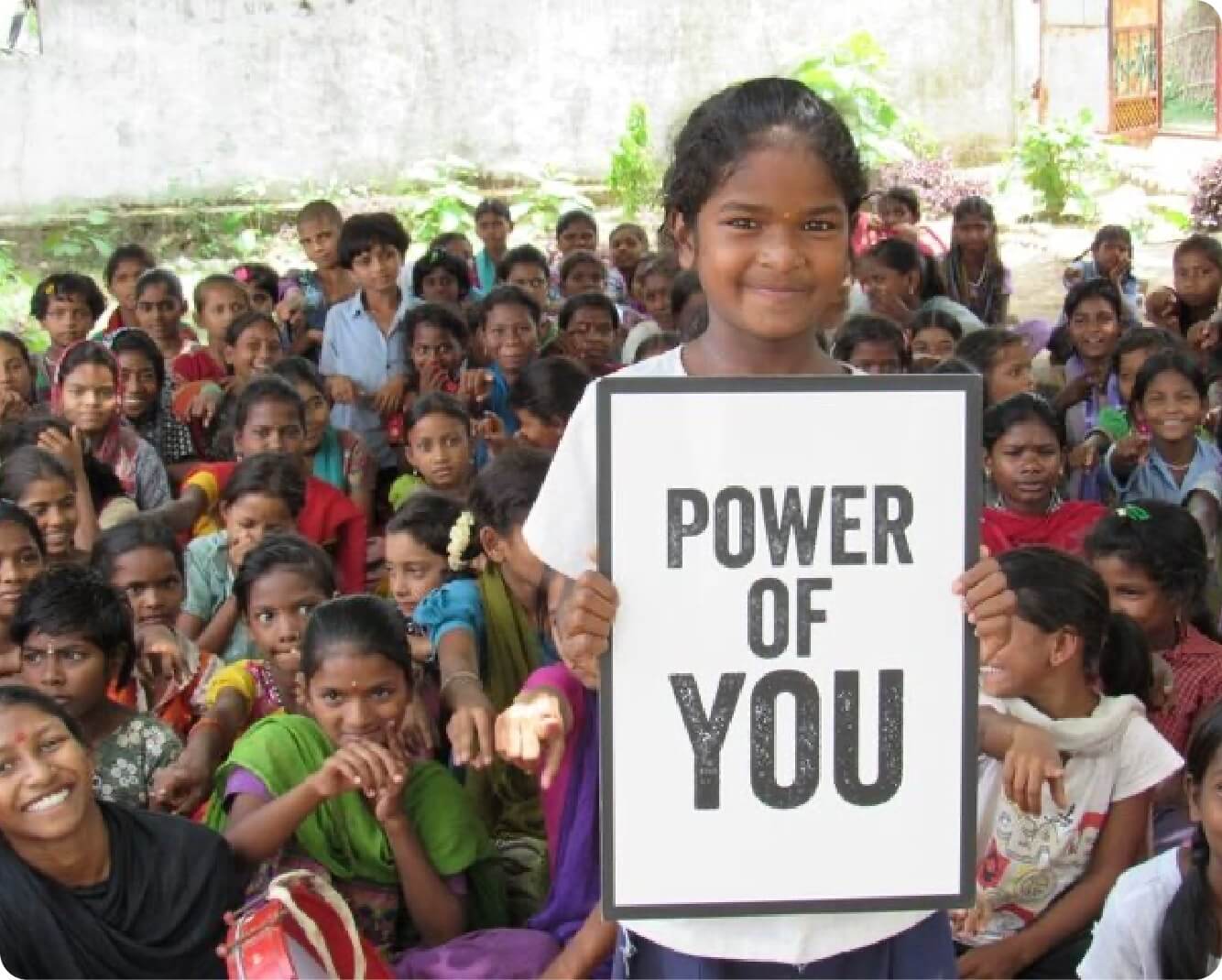
Fairtrade prohibits
child labour
We take a youth-centered approach to ending child labour. We collaborate with many different groups (farmers, workers, producer organisations, local governments, etc.) because we know we can’t do it alone.
The Fairtrade Standards state that children:
- Below the age of 15 are not to be employed by Fairtrade producer organisations
- Below the age of 18 cannot undertake work that jeopardises their education or development.
- Are only allowed to help on family farms under strict conditions. The work must be age-appropriate and be done outside of school hours or during holidays.
- In regions with a high likelihood of child labour, small producer organisations are encouraged to include a mitigation and elimination plan.
- If an organisations has identified child labor as a risk, the organisations must implement policies and procedures to prevent children from being employed.
Fairtrade’s work does not stop there. We need to address the wider causes of abuse and violence against children; to support them and their communities to take action. This includes workshops and focus groups, community-based monitoring, collaboration with governments and NGOs.
Fairtrade Standards prohibit child labor, but no person or product certification system can provide a 100% guarantee that a product is free of child labor.
Fairtrade recognises that standards and auditing alone will not solve child labour. We need to address the wider causes of abuse and violence against children and young people, and empower them and their communities to take action. Here are some examples of how we do this:
- Tackling root causes of child labour such as poverty and lack of access to education.
- Supporting Fairtrade producer communities to establish a youth-inclusive, community-based monitoring and remediation (YICBMR) system on child labour, in partnership with child rights NGOs.
- Focus groups with young people in Fairtrade communities to find out about their education, work, future aspirations and the impact of Fairtrade on their lives.
- Working with governments, child rights experts and NGOs to share our approach and receive their feedback.
- Connecting companies with producers, to invest directly in tackling child labour in the communities from which they purchase Fairtrade commodities. The voluntary best practice section of Fairtrade’s Trader Standard also encourages this.
- Advocating for government regulation that requires companies to check for and take action on child labour in their supply chains, such as human rights and environmental due diligence legislation.
Ending child labour needs everyone – farmers, consumers, businesses and governments to play their part. By purchasing Fairtrade products you are not only supporting producers to earn a better living and send their children to school, but to also tackle the underlying causes of child labour in their communities.
Get Involved
Make Fairtrade part of your everyday life. Find out how you can get involved in the movement to make trade equitable and sustainable.
Join the movement